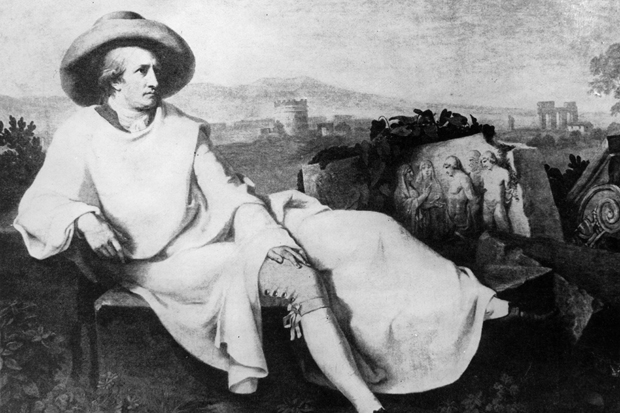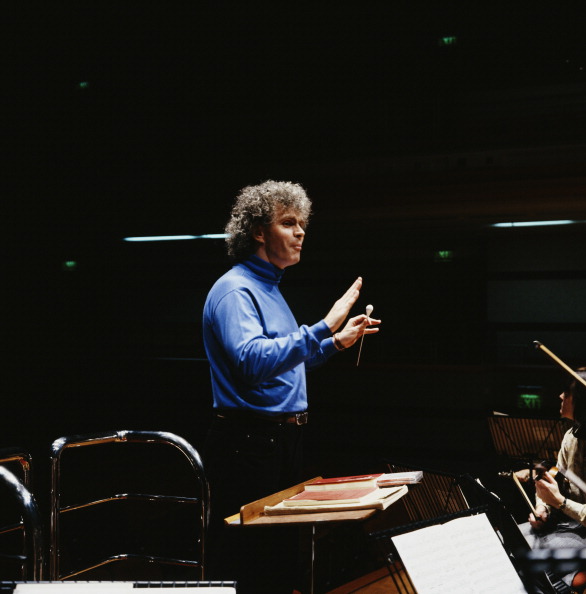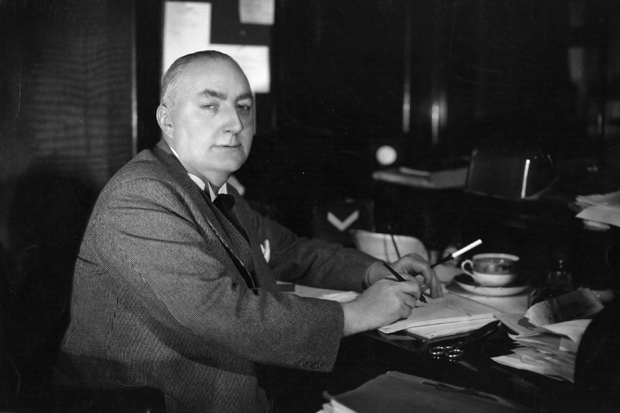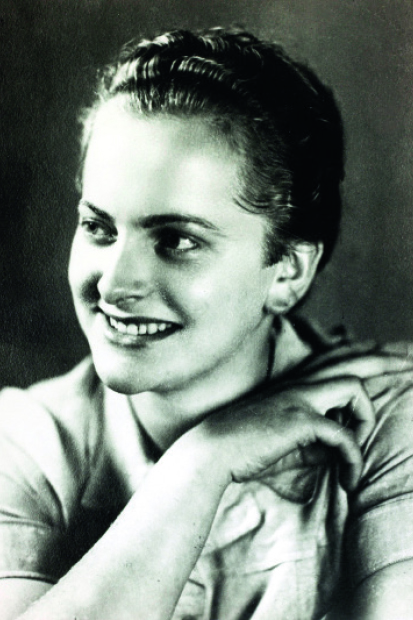In the early 19th century, the Romantic movement was in full swing across Europe. You could probably date its birth from the publication in 1775 of Goethe’s The Sorrows of Young Werther, the gloomy novel of unrequited love that led to a spate of suicides among young men in Germany. Coleridge and Wordsworth’s Lyrical Ballads appeared in 1798, with its Taoist argument for simplicity and the importance of contemplating nature. Kant’s Critique of Pure Reason was published in 1781, William Godwin’s Caleb Williams in 1794 and his daughter Mary Shelley’s extravagant Gothic novel Frankenstein in 1816.
The Romantics attacked the new numbers-based utilitarian philosophy which underpinned the Industrial Revolution. Its writers were fascinated by the alienation of spirit they witnessed, the cataclysmic loneliness of the smoky cities, the near impossibility of maintaining one’s inner poet amid the hubbub; in short, the unutterably painful tragedy of life.
A little-known German product of this literary ferment is Nachtwachen, or The Nightwatches of Bonaventura, which was published anonymously in 1804 and which scholars attribute to the writer and theatrical producer August Klingemann, known principally for his production of Goethe’s Faust in the 1830s.
The conceit of this peculiar novel is simple: its hero, Kreuzgang, is a nightwatchman, and the book is divided into 16 chapters or ‘nightwatches’, when our sinister protagonist peers into the darkness and reports back on the strange sights he sees. Nightwatchman — now there’s a good job for an impecunious poet. When I interviewed the stand-up poet John Cooper Clarke, he told me that he’d had a job as nightwatchman and the enforced idleness was ideal for writing.
In style Nachtwachen is fantastically overblown, as was the custom for these early novels, and comically nihilistic: ‘Sobriety is the tomb of art!’ says a young actor in the book, for example, who the narrator has encountered in a cemetery, naturally enough, ‘dawdling in the moonlight’, and who has just held an empty pistol to his forehead and fired it, in an early example of method acting:
I slip into the passions so far as possible as into a gauntlet; I play my characters with feeling and, at least, like the great masters, am miserly on a day when I have portrayed a miser, or mad when I played a madman.
Then, as now, it seems that being a poet was not a well-paid job. ‘Oh friend poet,’ says our narrator to a young man who works at night because ‘his creditors slept then’, ‘it’s too bad that your vigils bring in nothing in these coldly prosaic times… he who intends to live nowadays should not make verses.’ Later that night our hero sees a young atheist die and a crowd of ghosts collect around the body.
A common theme in this oddly modern book is the failure of idealism and the shipwreck of dreams:
The city poet up in his garret room also belonged to those idealists who had been converted into realists under duress through hunger, creditors and forced labour, as Charlemagne drove the heathens before his sword into the river so that they should be baptised there as Christians.
Today we are used to more austere and less decorated literary styles, so it is quite bracing to read such hair-tearing prose and I’d say this is an essential read for anyone interested in Gothic literature or Romanticism. It’s educational as well. Look up the notes and you’ll learn a lot. For example, the author mentions Dr Darwin and his theory that man is descended from the apes. Hang on, wasn’t Darwin working a little later than 1804? I then discovered that of course the author was talking about Erasmus Darwin, Charles’s grand-father, who was an early proponent of evolutionary theory.
The problem is that this edition is pretty tawdry: it feels like a print-on-demand book which has been thrown together on a computer in five seconds. Add to that an unreadable academic introduction and you have a minor classic wrapped in a decidedly unattractive package. Really this is the sort of book that should be presented in vellum with a metal clasp, plenty of gothic script and perhaps an inscription written in the blood of a sacrificed virgin.
Got something to add? Join the discussion and comment below.
Get 10 issues for just $10
Subscribe to The Spectator Australia today for the next 10 magazine issues, plus full online access, for just $10.
You might disagree with half of it, but you’ll enjoy reading all of it. Try your first month for free, then just $2 a week for the remainder of your first year.














Comments
Don't miss out
Join the conversation with other Spectator Australia readers. Subscribe to leave a comment.
SUBSCRIBEAlready a subscriber? Log in